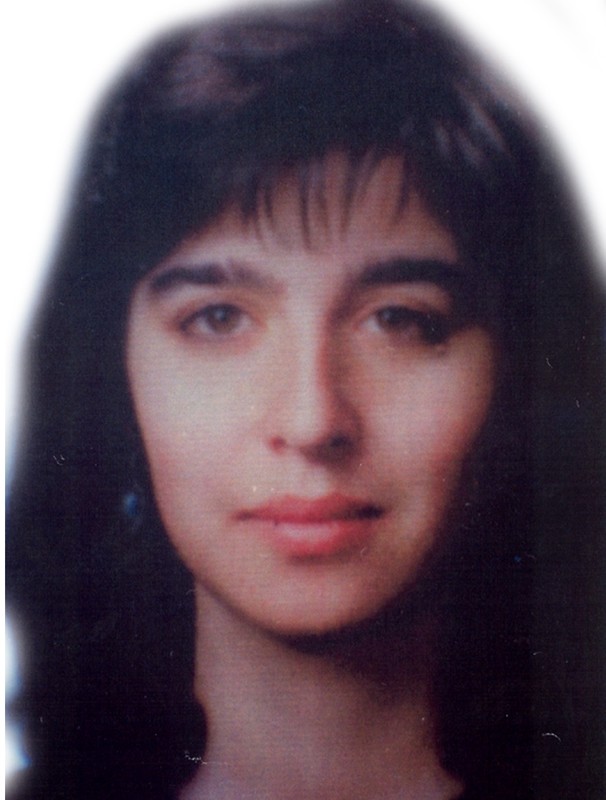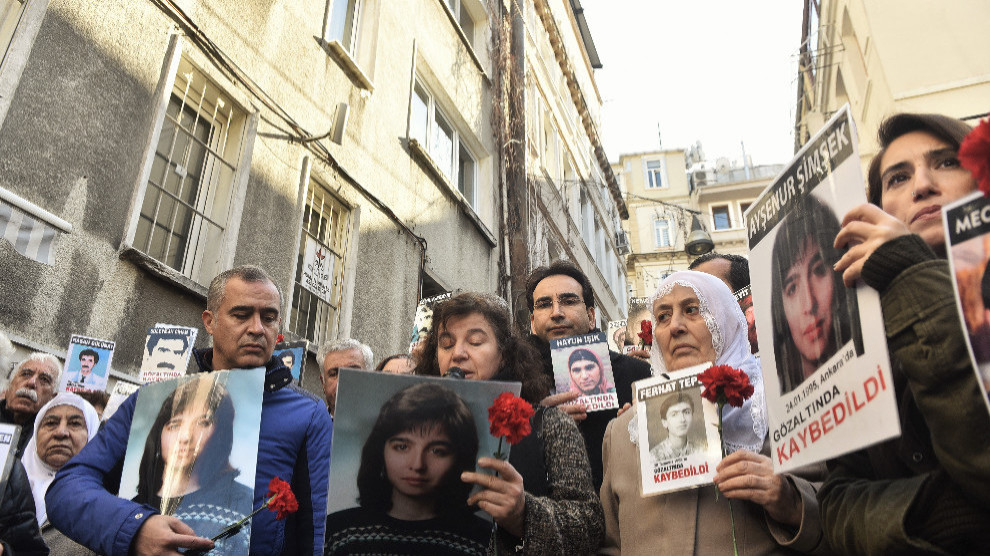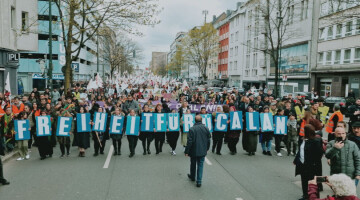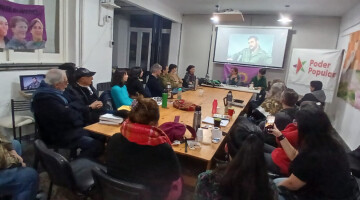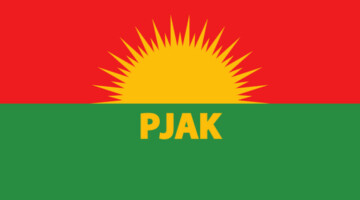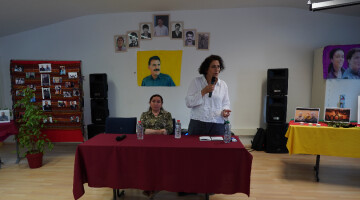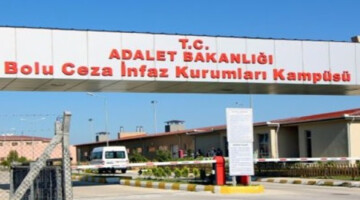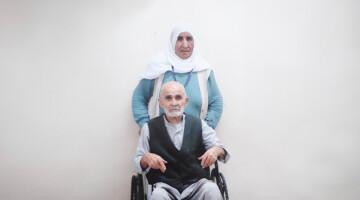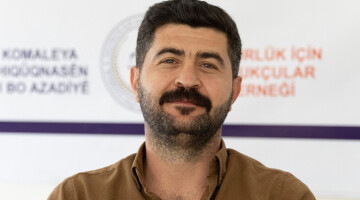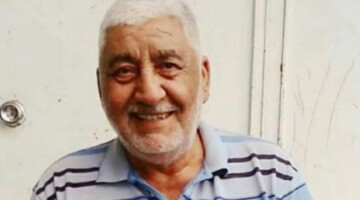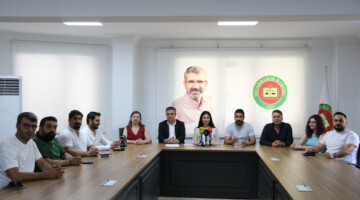Saturday Mothers met for the 774th time in Istanbul to demonstrate against the state practice of murdering people in custody and making the bodies disappear, demanding that the perpetrators be punished. Since 2018, the square in front of the Galatasaray High School in the district Beyoğlu has been sealed off by the police every Saturday to stop the action of the Saturday Mothers. The rally was therefore held again in a small side street in front of the Istanbul branch of the Human Rights Association, IHD.
The fate of Ayşenur Şimşek was highlighted at today’s demonstration. The pharmacist was kidnapped by the counter-guerrilla in Ankara on 24 January 1995. Despite all efforts and numerous requests, there was no official information about her whereabouts. The security authorities did not recognise her arrest.

Corpse buried in cemetery of nameless
Four days after her abduction, a disfigured corpse was found on a roadside at Kırıkkale, about a hundred kilometres away. However, the authorities buried her in the "cemetery of the nameless", although her identity could have been established, as she had previously been required to give fingerprints as part of a recognition procedure. Three months after her violent death, the Turkish daily newspaper Milliyet suddenly published a newsflash talking about the discovery of a woman's body in Kırıkkale. A few weeks earlier, the relatives of Ayşenur Şimşek had given the go-ahead for a nationwide search operation in a press release. After the newspaper report, they turned to the public prosecutor's office of Kırıkkale and learned that the "unknown person" was indeed the missing Ayşenur Şimşek.
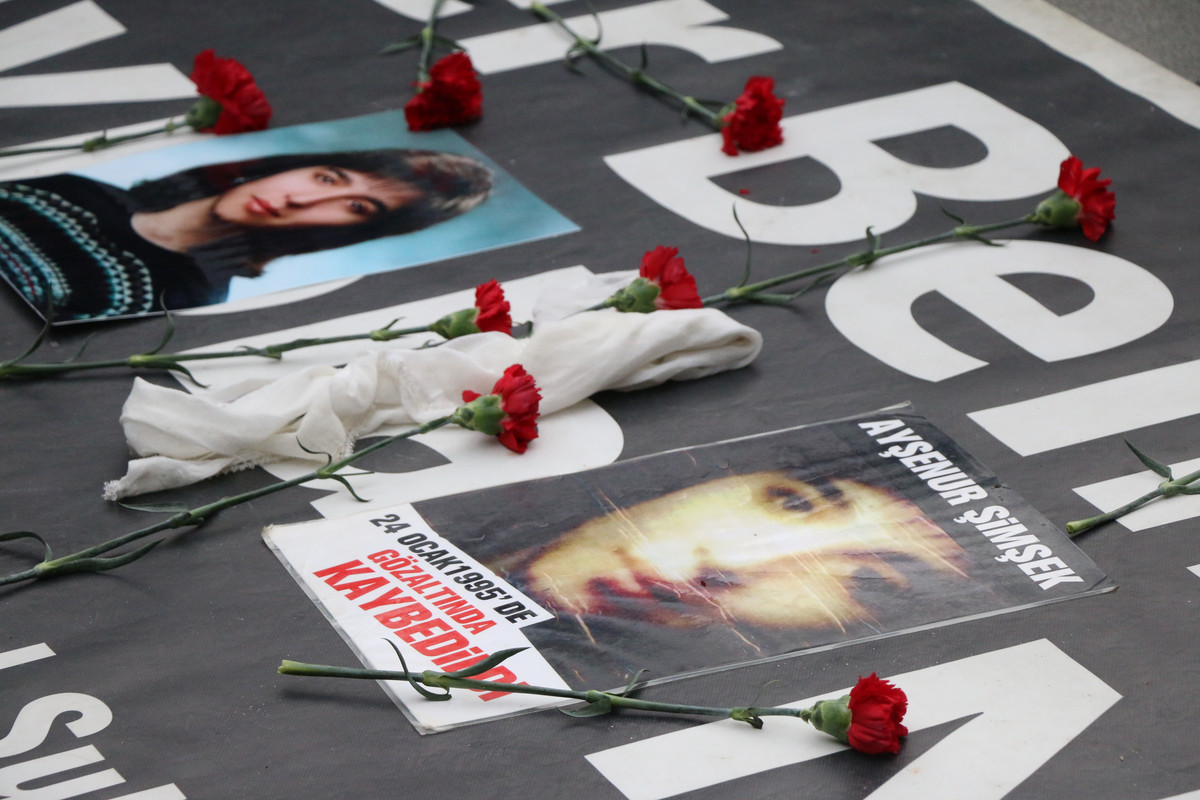
Autopsy report: bullet holes in head, chest and chin
Ayşenur Şimşek was born in Ankara in 1968. There she studied pharmacy. Since the beginning of the 1990s, she was involved in the unionization of employees in the health sector and was later the chairperson of the branch of Sağlık-Sen (Healthcare Union). Because of her fight for the development of trade union structures in Ankara, she came under the scrutiny of the Turkish state apparatus. She was threatened with death several times. But she did not let herself be dissuaded from her fight.
The condition of the body of Ayşenur Şimşek represented a new stage in the policy of disappearances. The autopsy report stated that bullet holes were found in her head, chest and chin. Her body also showed numerous traces of torture. Ayşenur Şimşek died on 28 January 1995. Her killers are still free.
